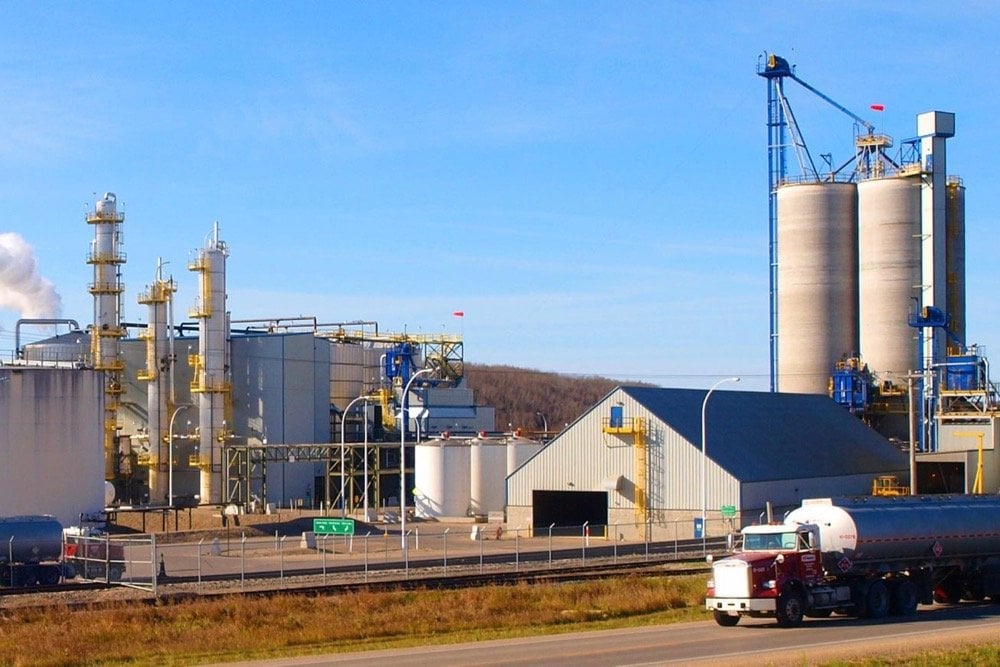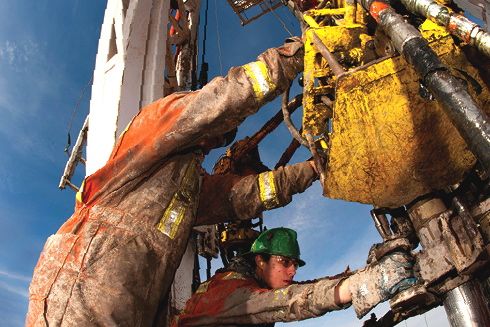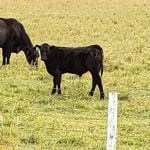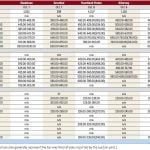Reuters — Out of 900 water samples tested from a major Canadian river polluted by an oil spill last month, five exceeded drinking water guidelines, officials said Wednesday, cautioning it was unclear when the river would be safe to drink from again.
The July 20 leak from a Husky Energy pipeline into the North Saskatchewan River has forced tens of thousands to find other sources of drinking water, including the Saskatchewan cities of Prince Albert and North Battleford as well as area farmers and others relying on affected water sources.
Read Also

U.S. livestock: Feeder cattle hit contract highs on tight supply
Chicago | Reuters – All Chicago Mercantile Exchange feeder cattle futures and most live cattle futures hit contract highs on…
The water tests were conducted by a group including government and Husky officials and independent experts.
All of the samples that exceeded health guidelines were found within 20 km of the spill, and none have exceeded guidelines since July 24.
“That would suggest there is not an ongoing issue, which is fairly expected,” said Paul Nony, a senior toxicologist at Arkansas consulting firm Center for Toxicology and Environmental Health.
Oil doesn’t mix well with water, but typically clings to organic material or the shoreline, Nony noted, adding that “we’re not seeing any surprises.”
However, more testing, monitoring and a formal risk assessment study are necessary before the river can be used as a drinking water source, said Patrick Boyle, spokesman for the Saskatchewan Water Security Agency.
Samples were collected on the river’s surface and at different depths, down to its bottom. A separate study will examine the spill’s impact on aquatic life.
On Tuesday, Reuters reported that the spill was the third in the same area in eight months, according to government records. The failed pipeline had not been inspected by Saskatchewan’s energy regulator since it was constructed 19 years ago.
Asked about the findings, Saskatchewan Premier Brad Wall said his government has been working to bolster regulation.
“There is a requirement too that companies provide that inspection and that oversight, and you know we’re going to do an investigation into this,” said Wall. “We’re going to find out answers to questions like that.”
— Rod Nickel is a Reuters correspondent covering the agriculture and mining sectors from Winnipeg. Additional reporting for Reuters by Allison Martell.















